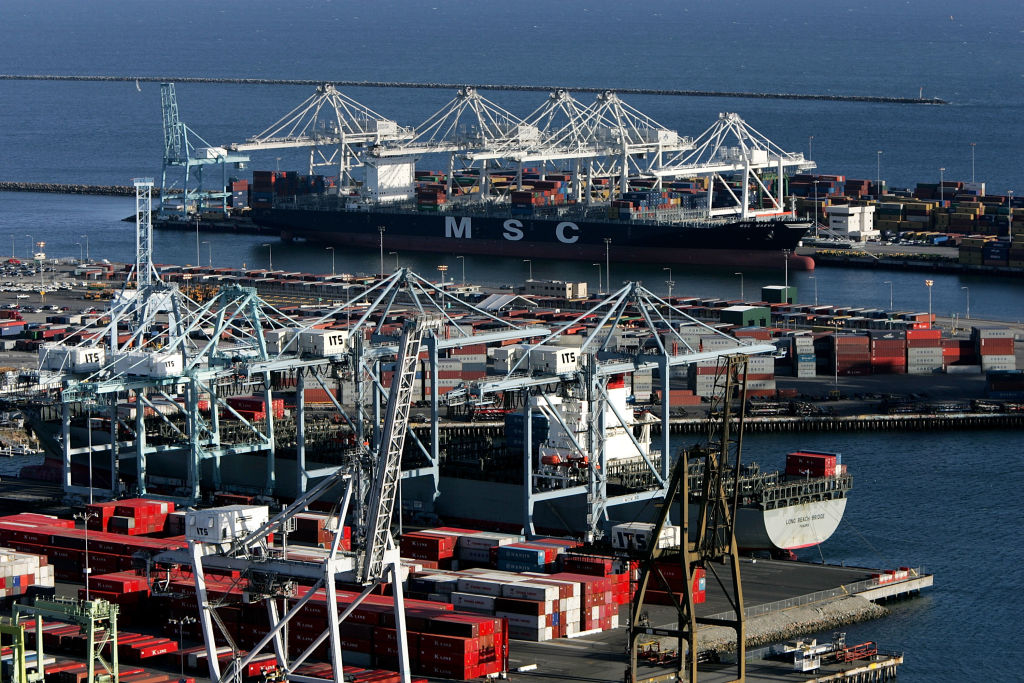U.S. and European Union Strengthen Transatlantic Trade Ties

The sixth ministerial of the United States–European Union Trade and Technology Council, held in Leuven, Belgium, emphasized the deepening cooperation between the U.S. and the EU in navigating global economic pressures and technological advancements.
What’s going on: Secretary of State Antony Blinken, joined by Secretary of Commerce Gina Raimondo and U.S. Trade Representative Katherine Tai, joined European Commission leaders in a discussion that centered on fostering economic security, the importance of AI governance, cooperation on secure supply chains and a transatlantic commitment to reducing reliance on high-risk suppliers.
- This collaboration, Secretary Blinken said in remarks to the press at the council’s outset, proved that there has been “increasing alignment” between the United States and the European Union on these and other issues in recent years.
- “Together, we represent almost half of world GDP, and that means that there’s a certain weight that comes with having a shared position on something,” Secretary Blinken said. “And whether that’s dealing with China or any other challenge, it makes a big difference.”
Growing collaboration in AI: The meeting additionally underscored unwavering support for Ukraine from the U.S. and the EU amid geopolitical challenges, as well as a commitment to driving innovation and security in technology and trade.
- One tangible outcome of the TTC was an update of the “Terminology and Taxonomy for Artificial Intelligence” (i.e., of the definitions of key terms used by the EU and U.S. when discussing AI). This underpins the workstream of the TTC to “ensure the safe, secure and trustworthy development and use of AI,” according to the U.S.–EU joint statement.
Shared concerns about Chinese semiconductors: Competition from heavily subsidized chips produced in China was a key focus at the ministerial, particularly in light of the anticipated ramping up of “legacy chips” manufactured in China over the next few years. The Chinese government’s significant financial subsidization of the chip-producing sector, Secretary Raimondo warned, could lead to considerable market imbalances between China and the U.S. and EU.
- Both the U.S. and EU pledged to continue working together to address destabilizing Chinese exports of semiconductors in the coming years, including to collect and share nonconfidential information and market intelligence about nonmarket policies and practices, to consult each other on planned actions and to potentially develop joint or cooperative measures to address distortionary effects on the global supply chain for legacy semiconductors.
